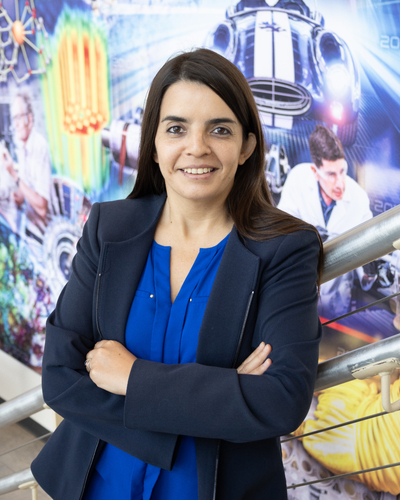
P07 - A Deep Dive into Deep Learning Frameworks for Protein Structure Prediction: Developing and Evaluating Classes of Biomolecular Complexes

Description
Accurately predicting the structure of a protein has been a long standing and extremely challenging problem in biology. In recent years, the rapid evolution and adoption of artificial intelligence (AI) in scientific domains including biology have made the prediction of protein structures leveraging deep learning (DL) frameworks with accuracy rivaling that of experimental crystal structures possible. These advances are key to understanding protein function and play a central role in accelerating the drug discovery process. This work focuses on comparing the performance of state-of-the-art protein structure prediction models across a predefined set of 7 challenging biomolecule categories evaluated using AlphaFold2, AF2Complex, AlphaFold-multimer, AlphaFold3, Chai-1, and Boltz-1. The results compare the accuracy and performance of each method when applied to classes of challenging protein-protein complexes. The evaluation was conducted leveraging computational resources at Oak Ridge National Laboratory (ORNL) including Frontier, ORNL’s exascale supercomputer. The data set constructed, the resulting biomolecular complex type classification, and the comprehensive set of guidelines derived can aid in future experiment design. The results from this study can also provide a deeper understanding of the advantages and limitations of each model when applied to specific classes of biomolecular complexes as opposed to individual complexes.
Presenter(s)

Presenter
Verónica G. Melesse Vergara (Vergara Larrea) is originally from Quito, Ecuador. Verónica earned a B.A. in Mathematics/Physics at Reed College and a M.S. in Computational Science at Florida State University. Verónica has over a decade of experience in the high performance computing field and is currently Section Head for HPC Operations at the Oak Ridge Leadership Computing Facility. Verónica led acceptance for Summit and Frontier, ORNL’s exascale supercomputer. Her research interests include high performance computing, large-scale system testing, and performance evaluation and optimization of scientific applications. Verónica is a member of both IEEE and ACM and serves in the ACM SIGHPC Executive Committee and has served in the SC Steering Committee.
.svg)
.svg)
.svg)

.svg)
.svg)
.svg)

